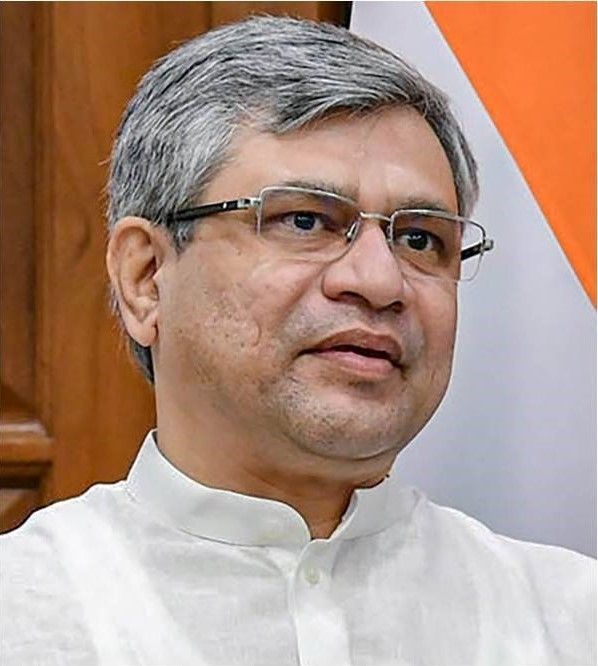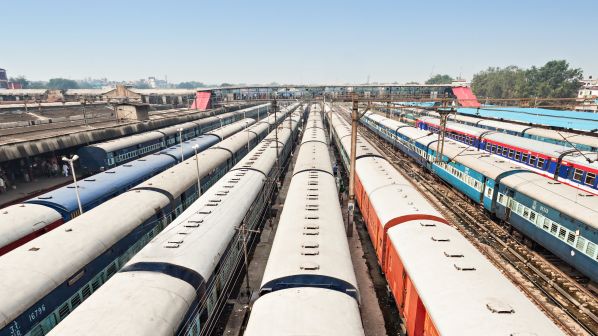INDIA’s newly appointed railways minister, Mr Ashwini Vaishnaw, faces the double challenge of pulling Indian Railways (IR) from the depths of a financial crisis on the one hand and achieving the aim of transforming the 176-year-old publicly owned behemoth into a modern, efficient and reliable transport system on the other.

In the last six and a half years of Mr Narendra Modi’s prime ministership, there has been much talk about initiatives aimed at rebooting the organisation. These include scheme to redevelop stations with private sector participation, the privatisation of the rail Public Sector undertakings (PSUs), a plan to introduce private passenger trains, or the disinvestment of IR subsidiaries such as the Container Corporation of India (Concor). Last year, IR’s nine services were merged into a single Indian Railways Management Service (IRMS), while plans to establish an Independent Regulator for the sector or introduce a corporate accounting system have been proposed for many years.
There has also been strong media attention on IR’s plans to run semi-high-speed trains, alongside the construction of the Mumbai - Ahmedabad high-speed corridor. Most of these schemes and policy initiatives have either been partially implemented, or not executed at all.
However, the new railways minister has begun well. Responding to a news report published recently in IRJ, Vaishnaw called a meeting with officials of the IR Stations Development Corporation on the first day he was in charge, asking them to get things moving, ministry sources said.
Vaishnaw's background and experience provides hope. He has not only served in the elite Indian Administrative Service (IAS), but has also had stints as managing director of GE Transportation, South Asia, and as head of Siemens’ Urban Infrastructure Strategy department. Before taking the plunge into politics, Vaishnaw also launched a start-up, which acquired a company manufacturing iron oxide pellets in Odisha state. With a master’s in industrial management from the Indian Institute of Technology at Kanpur, he completed his Masters in Business Administration in Finance and Strategy from Wharton in Pennsylvania, United States.
Optimism about the new railways minister comes with an element of caution. Ministers in the past have come and gone like a game of musical chairs. Vaishnaw is already the fourth railways minister to serve in Modi’s government.
Even with depleted clout, IR’s unions are still able to stymie reform programmes or initiatives, while the higher rail bureaucracy has remained resistant to change.

